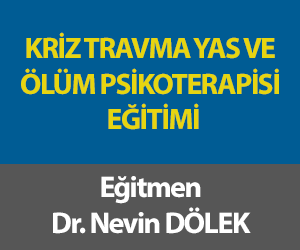Behavioral Therapy for Chronic Pain

By Rick Nauert, Ph.D. / Psychcentral.com
Cognitive Behavior Therapy (CBT) and Behavior Therapy (BT) show some effect in relieving the disability associated with chronic pain.
In a Cochrane Systematic Review, researchers assessed the use of CBT and BT on chronic pain, mood, and disability.
“For people with chronic pain, psychological therapies can reduce depression and anxiety, disability, and in some cases pain, but guidance is still required on the best type and duration of treatment,” says lead researcher Christopher Eccleston, at the Centre for Pain Research at the University of Bath.
Both CBT and BT try to manage pain by addressing the associated psychological and practical processes. Cognitive behavior therapy involves the avoidance of negative thoughts. Behavior therapy helps patients to understand how they can change their behavior in order to reduce pain.
Both approaches have been in development for around 40 years and are sometimes recommended for patients with longlasting, distressing pain that cannot be relieved by conventional medicines.
In a systematic review, researchers considered the results of 40 trials of CBT and BT, which included 4,781 patients in total. Patients suffering from pain due to any cause, except headache, migraine, or cancer, were included.
Most studies were of cognitive behavior therapy, which showed small positive effects on pain, disability, and mood. There was less evidence for behavior therapy, which the researchers say had no effect on disability or mood.
“Although there is overall promise for cognitive behavior therapy in chronic pain, the term covers a diverse range of treatment and assessment procedures. Right now, we are not able to say which specific features of therapy may be critical for improvement of a patient’s condition,” says Eccleston.
According to the researchers, simpler studies of cognitive behavior therapy and behavior therapy that focus on a purer form of treatment, rather than a variety of mixed methods, would benefit the field.









Türkçe karakter kullanılmayan ve büyük harflerle yazılmış yorumlar onaylanmamaktadır.